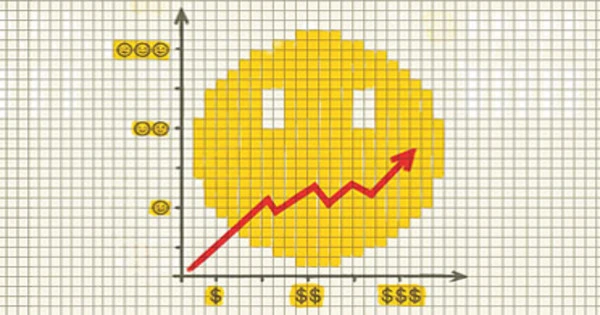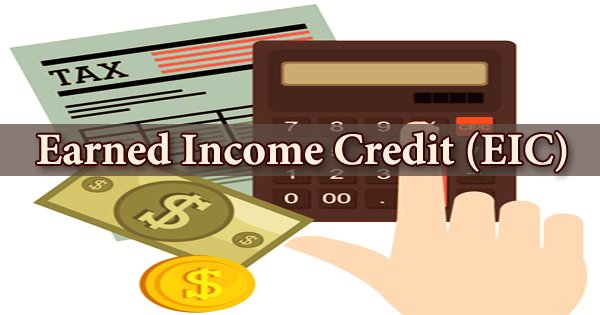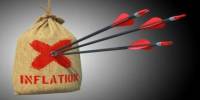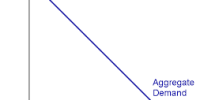Economics of happiness is a field of study that focuses on understanding the relationship between economics and human well-being or happiness. The traditional approach to economics has often been criticized for its emphasis on economic growth and material well-being, without taking into account other factors that contribute to people’s overall well-being.
The theoretical, qualitative, and quantitative study of happiness and quality of life, including positive and negative affects, well-being, life satisfaction, and related concepts – typically tying economics more closely than usual with other social sciences, such as sociology and psychology, as well as physical health. It typically views subjective happiness-related measures, as well as more objective quality-of-life indices, as something to be maximized, rather than wealth, income, or profit.
Economics of happiness seeks to broaden the scope of economics by incorporating measures of subjective well-being, such as life satisfaction, happiness, and contentment. It uses these measures to study the determinants of happiness and to evaluate policies that affect people’s well-being.
The field of happiness economics has gained significant attention in recent years, with researchers using various methods to measure happiness and its determinants. Some of the key findings of happiness economics include the importance of social relationships, health, and job satisfaction in contributing to people’s overall well-being.
Since the late twentieth century, the field has grown significantly, thanks in part to the development of methods, surveys, and indices for measuring happiness and related concepts, as well as quality of life. The findings on happiness have been described as a challenge to economic theory and practice. Nonetheless, the pursuit of gross national happiness, as well as a specific index to measure it, was explicitly enshrined in Bhutan’s Constitution in 2008 to guide the country’s economic governance.
Happiness economics has also been used to evaluate policies and programs in areas such as education, health care, and social welfare. By using measures of well-being, policymakers can better understand the impact of their decisions on people’s lives and make more informed choices.
Overall, economics of happiness offers a more holistic approach to understanding human well-being and provides valuable insights for policymakers and individuals seeking to improve their own lives.
















